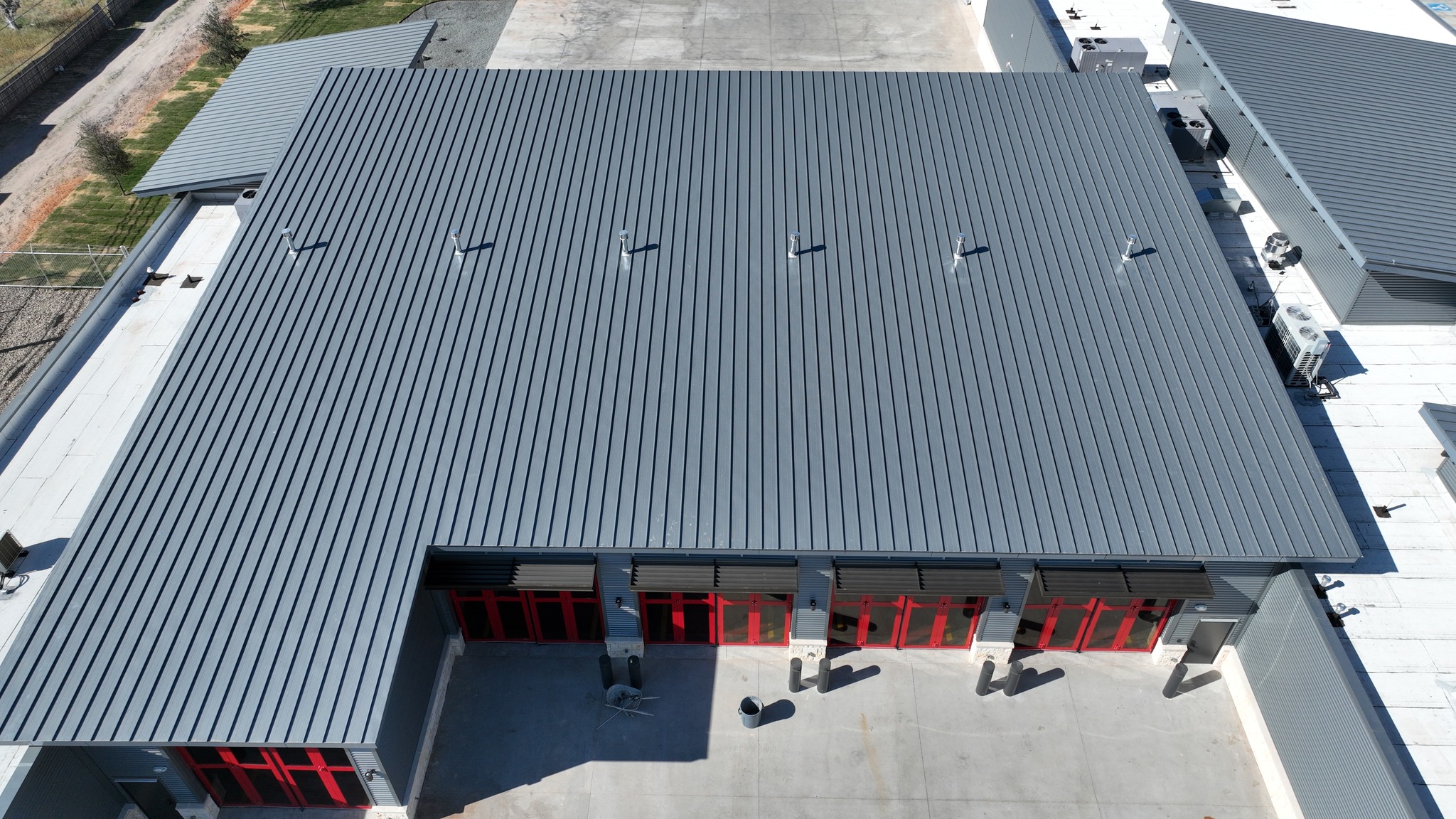Custom Roller Forming Machine for Innovative Metal Fabrication Solutions
The Versatility and Innovation of Custom Roller Formers
In the realm of metal fabrication, custom roller formers have emerged as a revolutionary tool for manufacturing a wide range of products. These machines allow manufacturers to shape metal sheets and strips into specific profiles, creating everything from structural components to decorative elements. The significance of custom roller formers lies not only in their efficiency but also in their adaptability to a variety of industries.
Understanding Roller Forming
Roller forming is a process where metal strips are passed through a series of rollers that progressively shape the material into the desired cross-section. Unlike traditional stamping or cutting methods, roller forming is a continuous process, which can significantly enhance production speed and reduce waste. The machines can be customized for specific applications, making them a preferred choice for many manufacturers.
Benefits of Customization
One of the most compelling advantages of custom roller formers is their ability to produce bespoke designs tailored to individual client needs. The flexibility of these machines allows engineers to design unique profiles that adhere to specific industry standards or clients' requirements. This level of customization enables companies to differentiate themselves in competitive markets by offering specialized products that stand out. For instance, the construction industry often requires unique shapes for roofing, siding, and framing, which can all be efficiently produced using a custom roller former.
Industries Amply Served
custom roller former

Custom roller formers cater to a multitude of industries. In construction, they are utilized for creating metal studs, tracks, and panels. The automotive industry also benefits greatly, using these machines for producing components like reinforcing beams and brackets which are foundational in vehicle assembly. Furthermore, the appliance and HVAC industries rely on custom roller formers to manufacture parts such as ductwork and housings.
Precision and Efficiency
Another hallmark of custom roller forming is the precision it offers. The ability to create complex shapes with tight tolerances ensures that the final products meet stringent quality standards. This precision minimizes the need for secondary processes such as welding or machining, which can be both time-consuming and costly. The continuous nature of roller forming also enhances efficiency, allowing manufacturers to produce high volumes of product with minimal downtime.
Sustainability in Manufacturing
As industries begin to honor sustainability, custom roller formers provide an eco-friendly option for manufacturing. The process is inherently efficient, resulting in minimal waste compared to other forming techniques. Additionally, since roller forming works with a range of materials—including stainless steel, aluminum, and other alloys—it supports the use of recycled metals. This capability aligns well with growing consumer demand for sustainable and responsible manufacturing practices.
Conclusion
In conclusion, custom roller formers are transforming the way manufacturers approach metal fabrication. Their versatility, precision, and efficiency make them an invaluable asset in various industries—particularly those requiring unique and specialized products. As technology continues to advance, the potential applications of custom roller forming are likely to expand even further, paving the way for innovative solutions in metal manufacturing. Companies that invest in these sophisticated machines not only enhance their productivity but also strengthen their competitive edge in an ever-evolving market.
-
Roof Panel Machines: Buying Guide, Types, and PricingNewsJul.04, 2025
-
Purlin Machines: Types, Features, and Pricing GuideNewsJul.04, 2025
-
Metal Embossing Machines: Types, Applications, and Buying GuideNewsJul.04, 2025
-
Gutter Machines: Features, Types, and Cost BreakdownNewsJul.04, 2025
-
Cut to Length Line: Overview, Equipment, and Buying GuideNewsJul.04, 2025
-
Auto Stacker: Features, Applications, and Cost BreakdownNewsJul.04, 2025
-
Top Drywall Profile Machine Models for SaleNewsJun.05, 2025








